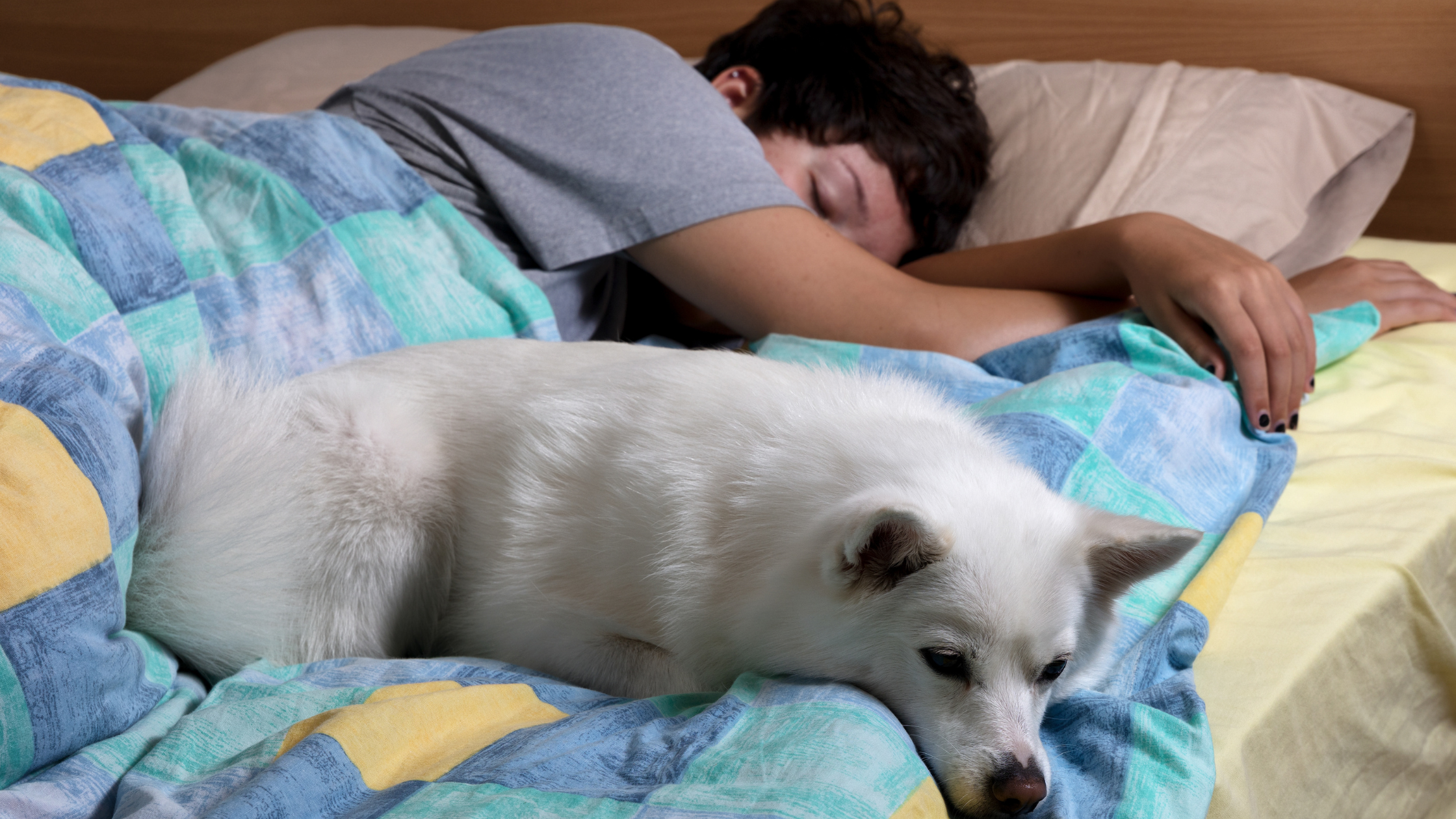
Quality sleep is vital for your child's functioning and academic success. Sleep deprivation in children can look similar to adults, but it can also differ. Academic performance is going to be one of the main players in how you can recognize when your child is not getting enough sleep.
One way to ensure that your child does get enough sleep is to ensure that when school starts, they are back on track with their sleep schedule. The summer is a looser time without many time commitments or time-restraints. Therefore, parents normally are more relaxed about when their children go to bed and when they wake up.
Transitioning back to school can take some readjustment in many areas of their lives, including a sleep schedule. Continue reading to learn more about how to get your child back on track with their sleep schedule for a good start to the year.
The Importance of Setting a Sleep Schedule
Children emulate their parents' sleep habits. Therefore, if you want your kids to sleep well, then that means that you have to sleep well. Sleep disorders and bad sleep habits run in the family. Therefore, it has to be a group effort to ensure that everyone in the house is getting enough sleep.
Everyone needs to be on a regular sleep schedule. Children and teens with a bedtime set by their parents are more likely to get enough sleep than those without one. Those students likely have earlier bedtimes than their peers, which can be frustrating or even embarrassing for teenagers. However, those students are also less likely to experience excessive daytime fatigue, and have trouble staying awake in class.
The amount of sleep that your child needs depends on their age. It changes as children get older, but the general recommendation in school aged and high school children is 8-11 hours of sleep. Each child is different, so it's important to tailor this to each specific child.
Most adolescents are not getting enough sleep, especially on school nights. More than 2/3 of adolescents are getting less than their recommended number of hours of sleep. adhering to sleep schedules set by, and enforced by parents can help students achieve the sleep needed to help them perform well in all aspects of their lives.
Getting back on track after summer holiday
Children's sleep schedules loosen considerably during holiday breaks. However, it can be difficult to get them back on track. When breaks are short, such as spring break, three-day weekends, or maybe even Christmas break, it's best to just keep them on their regular schedule.
However, if the break is longer - as it is for summer break - then it's okay to let their sleep schedules slip out of routine for a bit. The big thing is to try and keep their sleep and wake times the same. Even if children are going to sleep and waking up later, the consistency is key. A constantly changing schedule can lead to trouble with their circadian rhythm and sleep regulation over break.
As you are trying to get your kids back on their regular schedules, take it one day at a time. There is an adjustment period, so it's probably better to let children start getting into the swing of things a couple of weeks before school is out. Have them wake up 15 minutes earlier and go to sleep 15 minutes earlier in small increments until you've got them back to their school bedtimes.
Remember that adjust sleep times can be tough. So if your child is lying down for 20 minutes and still can't go to sleep, it's better to let them do a quiet and sleep-inducing activity for a bit before trying again. Bedtime shouldn't be a traumatic thing, but a process that is constantly adjusted. You can even start implementing their bedtime routine in the weeks leading up to school so they can get used to it before school actually starts.
Back to school sleep hygiene tips
Sleep hygiene consists of what you do to prepare for bed throughout the day, and environment in which you or your children sleep. Preparing for sleep is an all-day activity. What you do throughout the day, and when, can significantly impact your ability to get a good night's sleep. And same for your children.
If they are hoping to get good rest, then they should exercise regularly, avoid being burnt out on too many extracurricular activities, limit napping, and avoid caffeine later in the day.
Exercising is great for sleep. It's also great for avoiding childhood obesity which can make it increasingly more difficult for children to get the rest that they need. Extracurriculars may sound fun and exciting, but having a jam packed schedule increases the risk for routine disruptions and leaves little family time for everyone.
Naps can help with some of the sleep deprivation, but depending on their age groups, the number of naps and their duration may need to be limited. Children should also have limited caffeine regardless. However, if they are going to have caffeine, then it should be in small amounts and early in the day as caffeine takes six hours to metabolize. This can severely impact their ability to go to sleep as caffeine is a stimulant.
If you are struggling to get your child back to sleep, or think they may have a sleeping disorder, then please click the orange button below to take a free online sleep test and talk with one of our sleep health professionals.
https://www.sleepfoundation.org/school-and-sleep/back-to-school-sleep-tips

